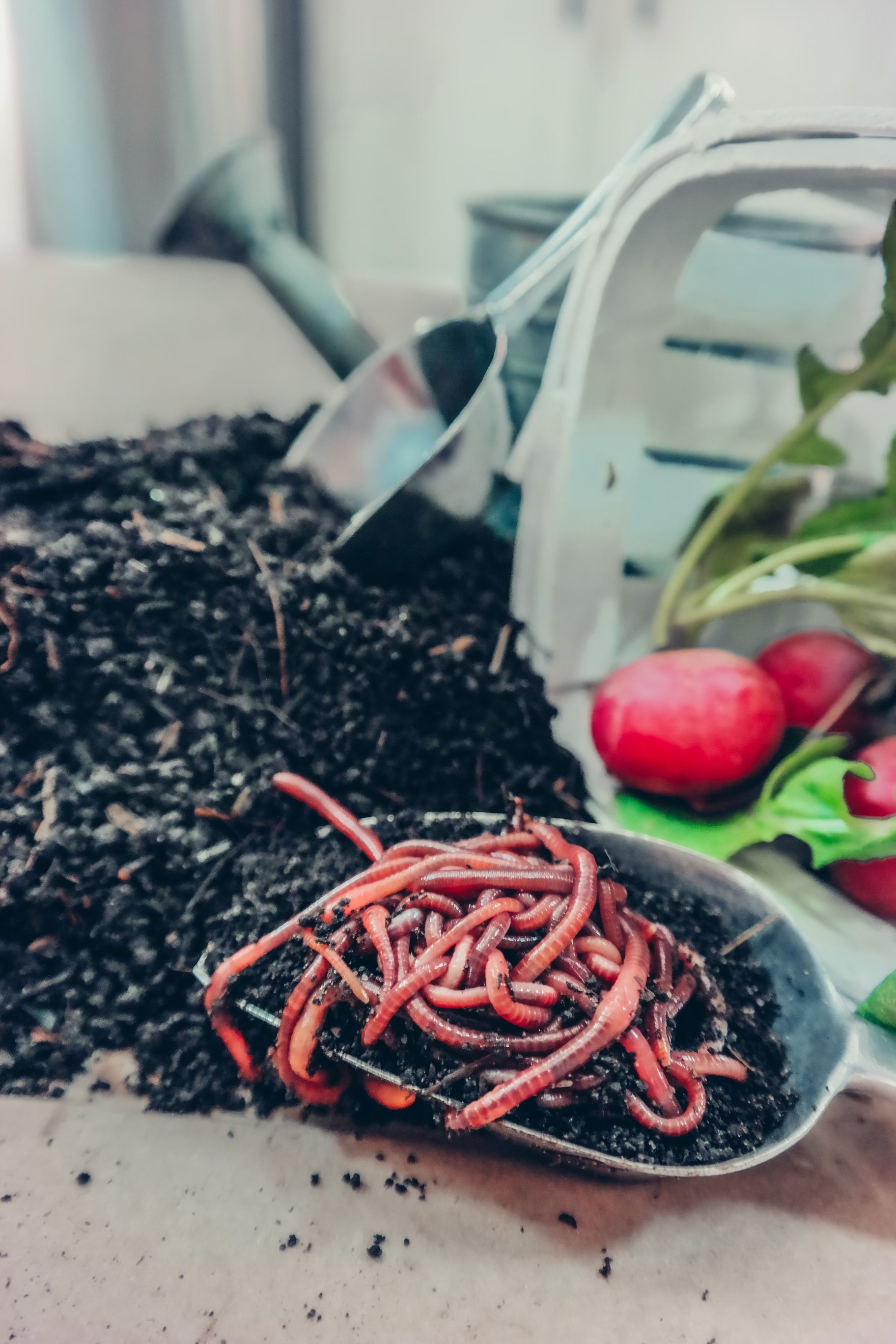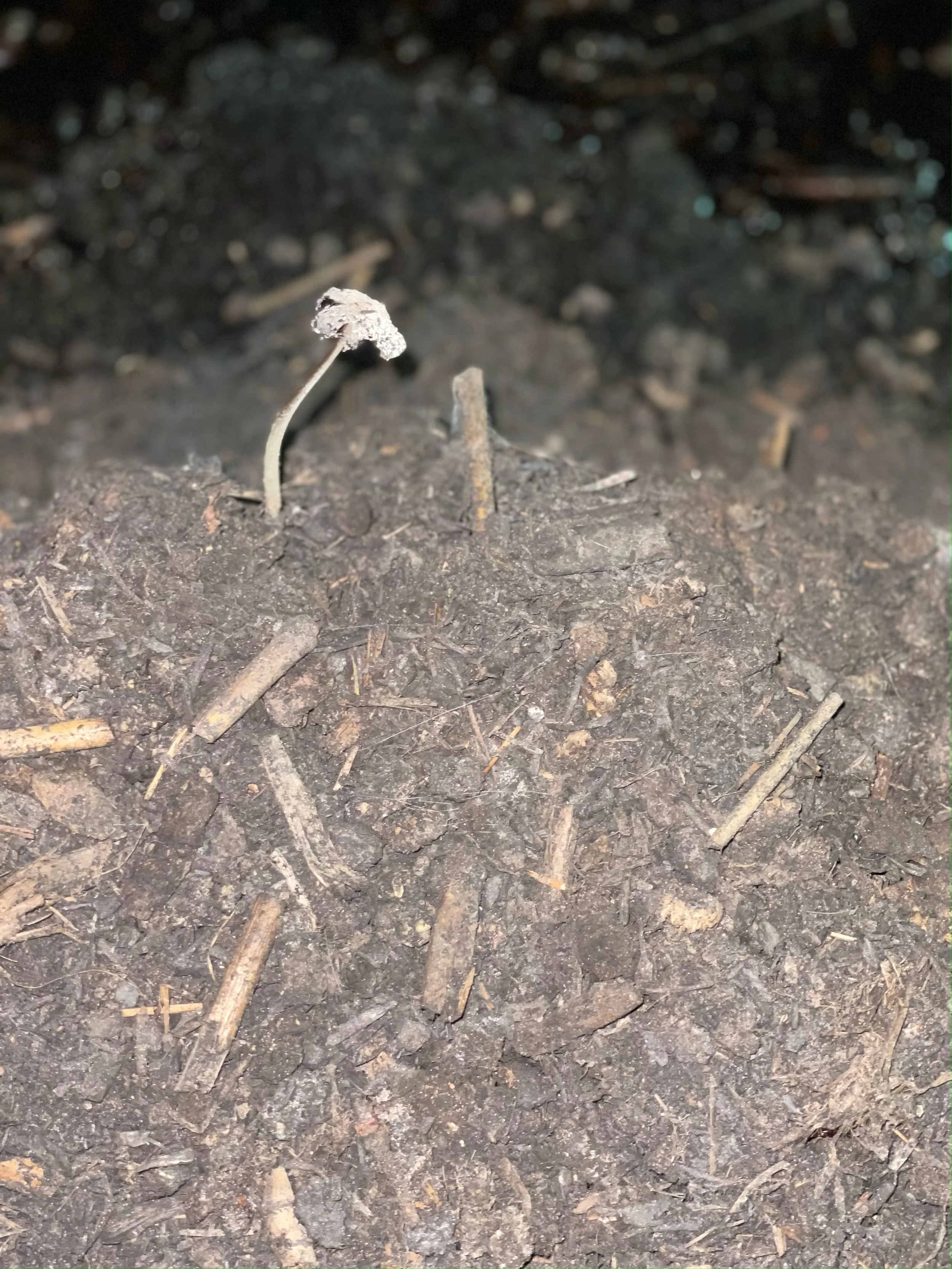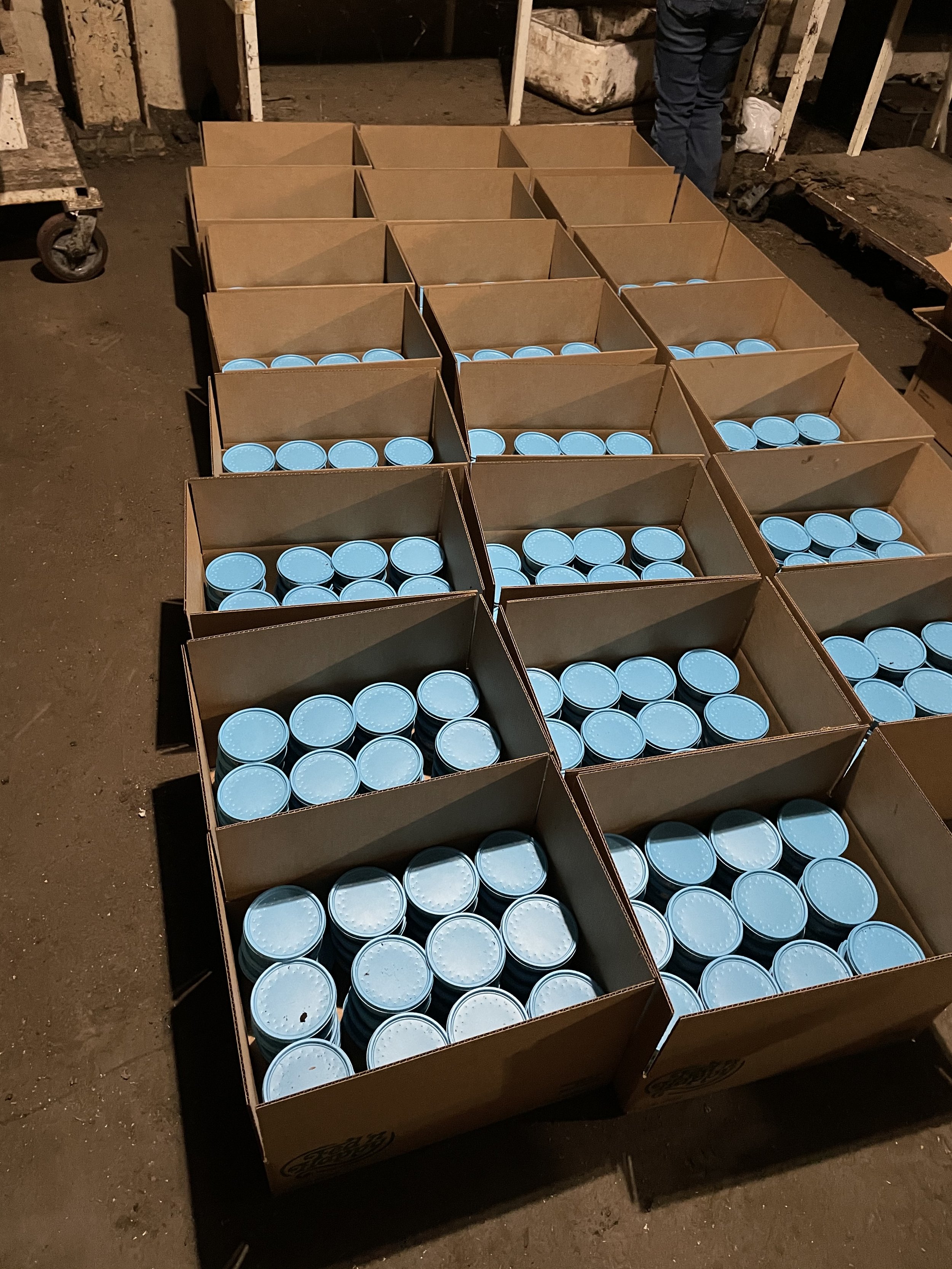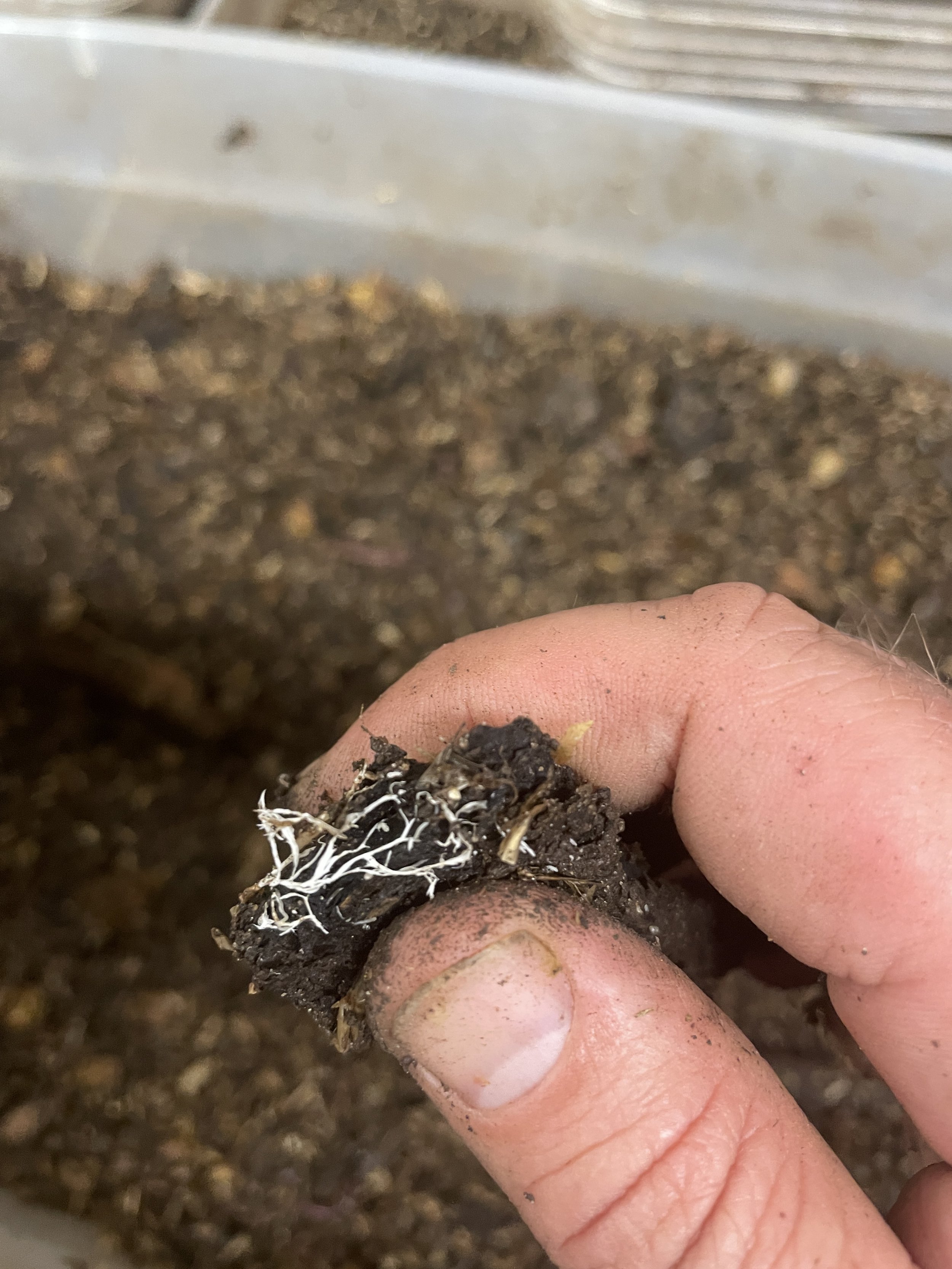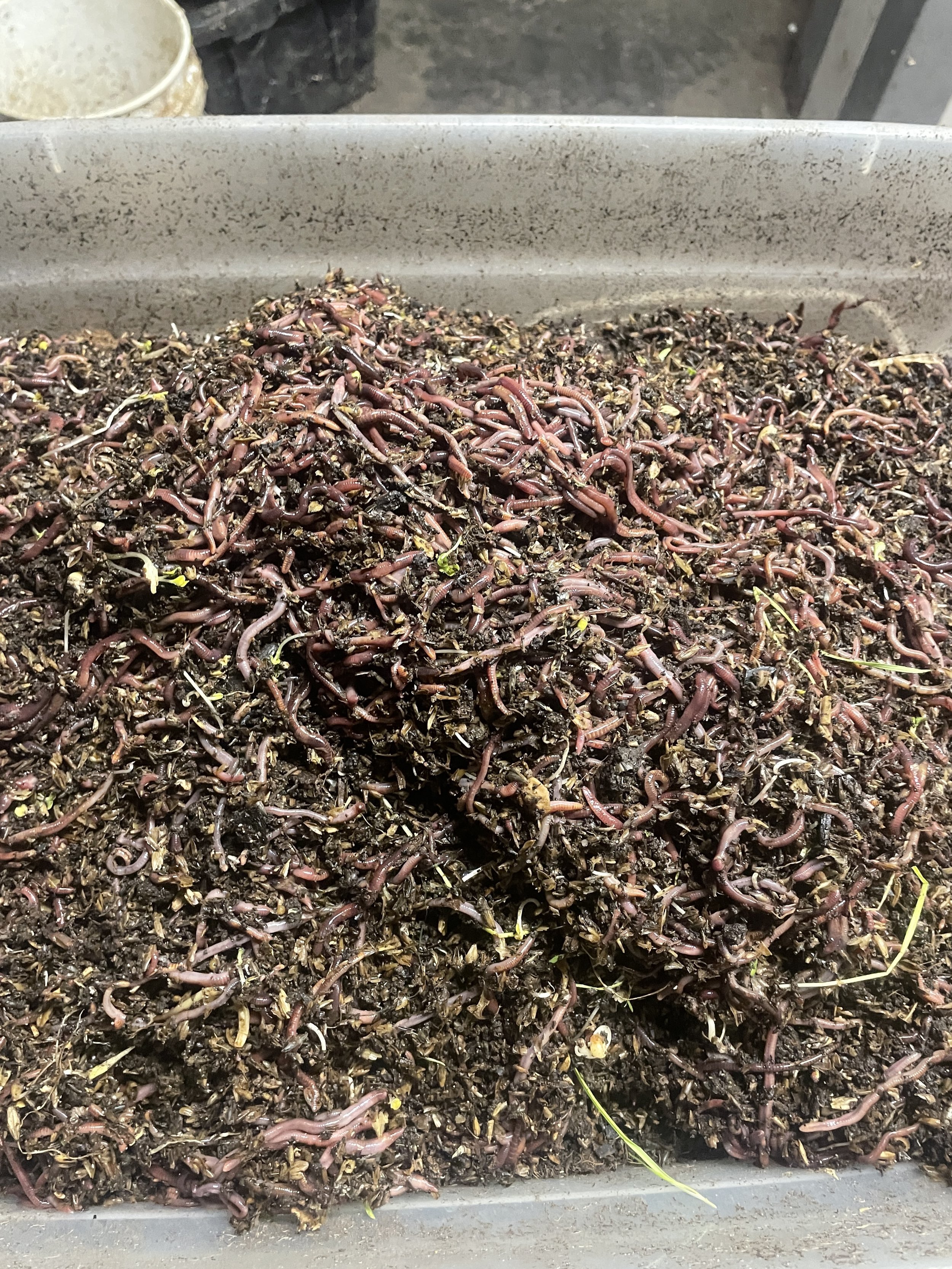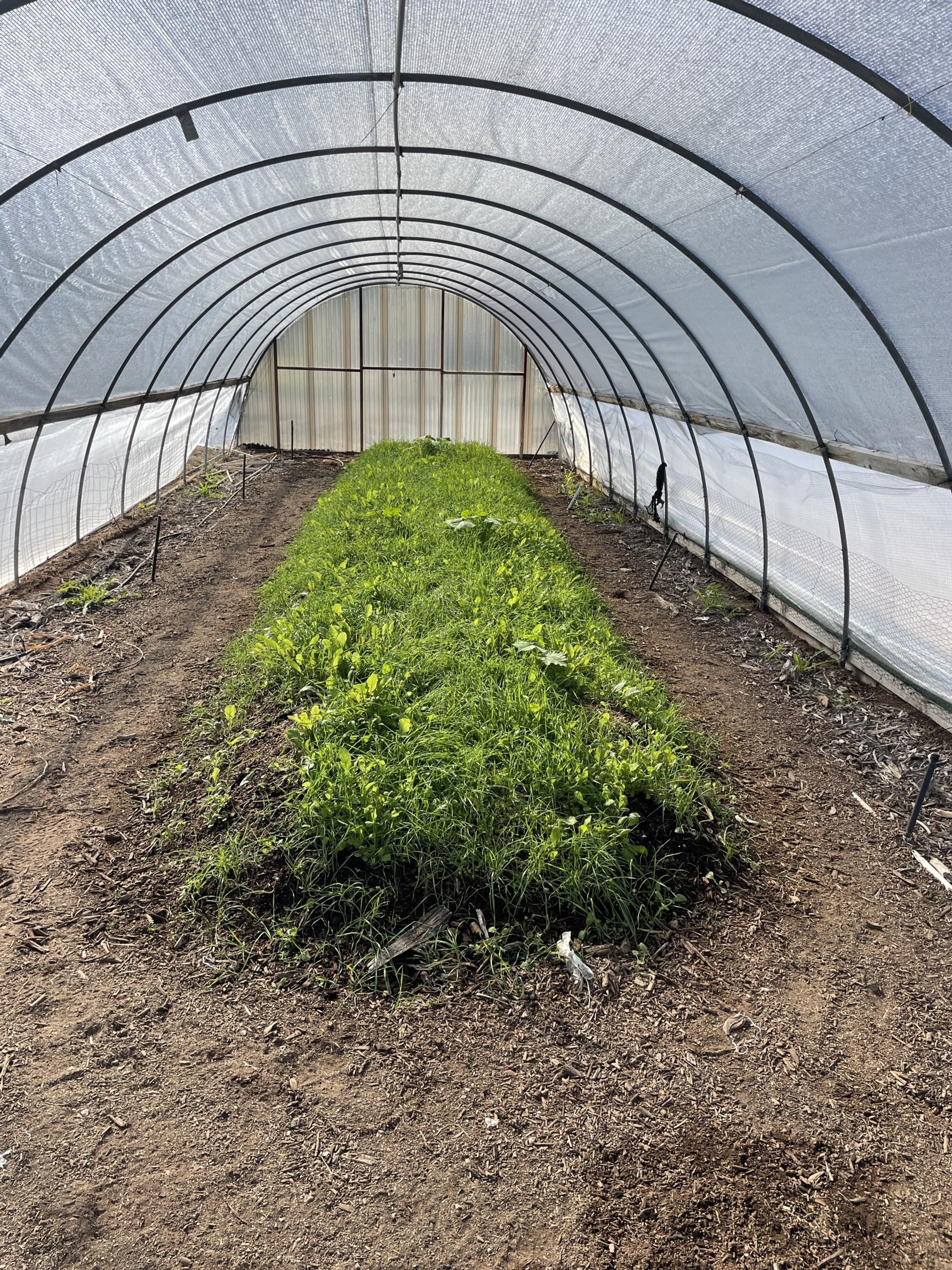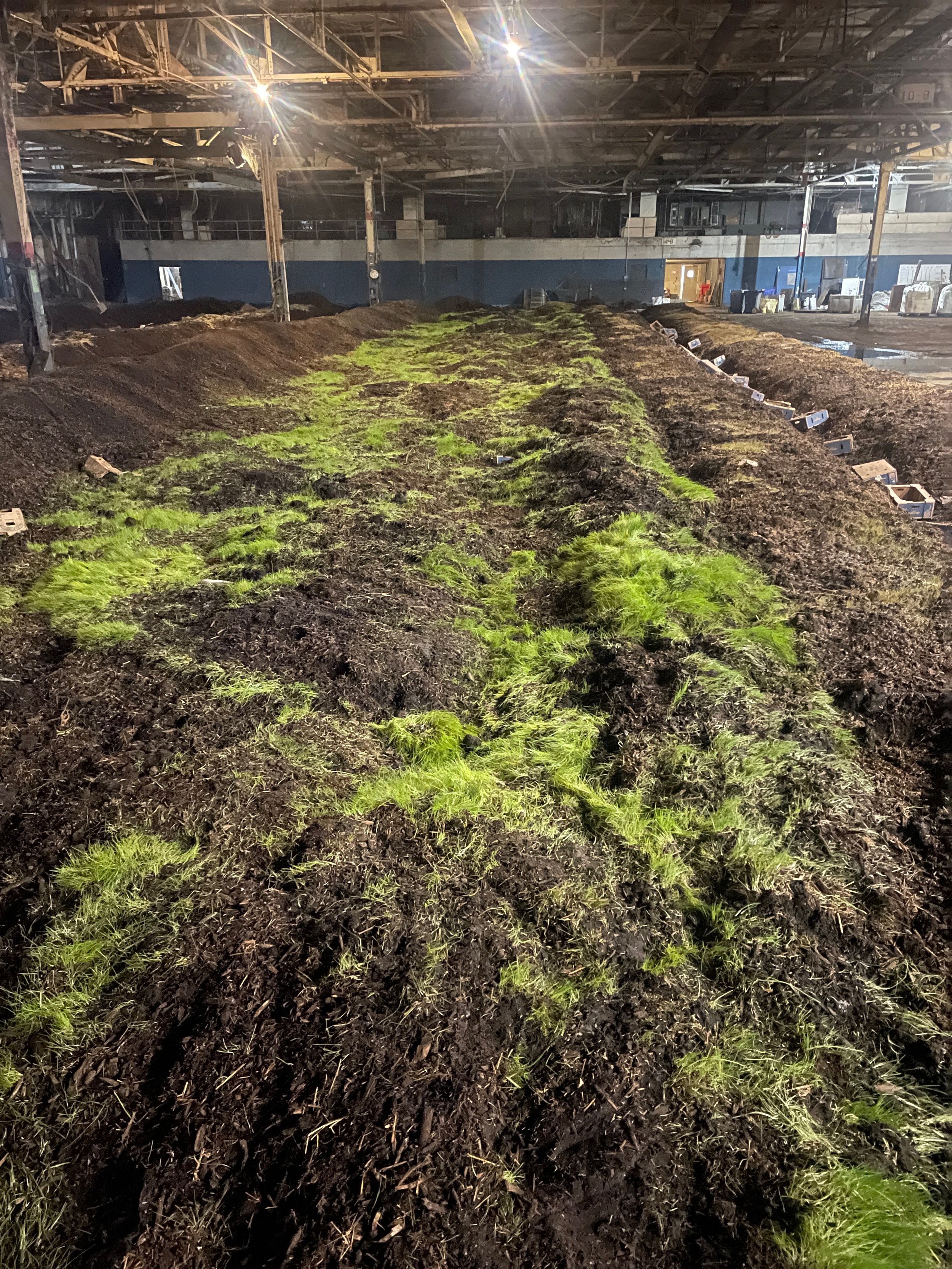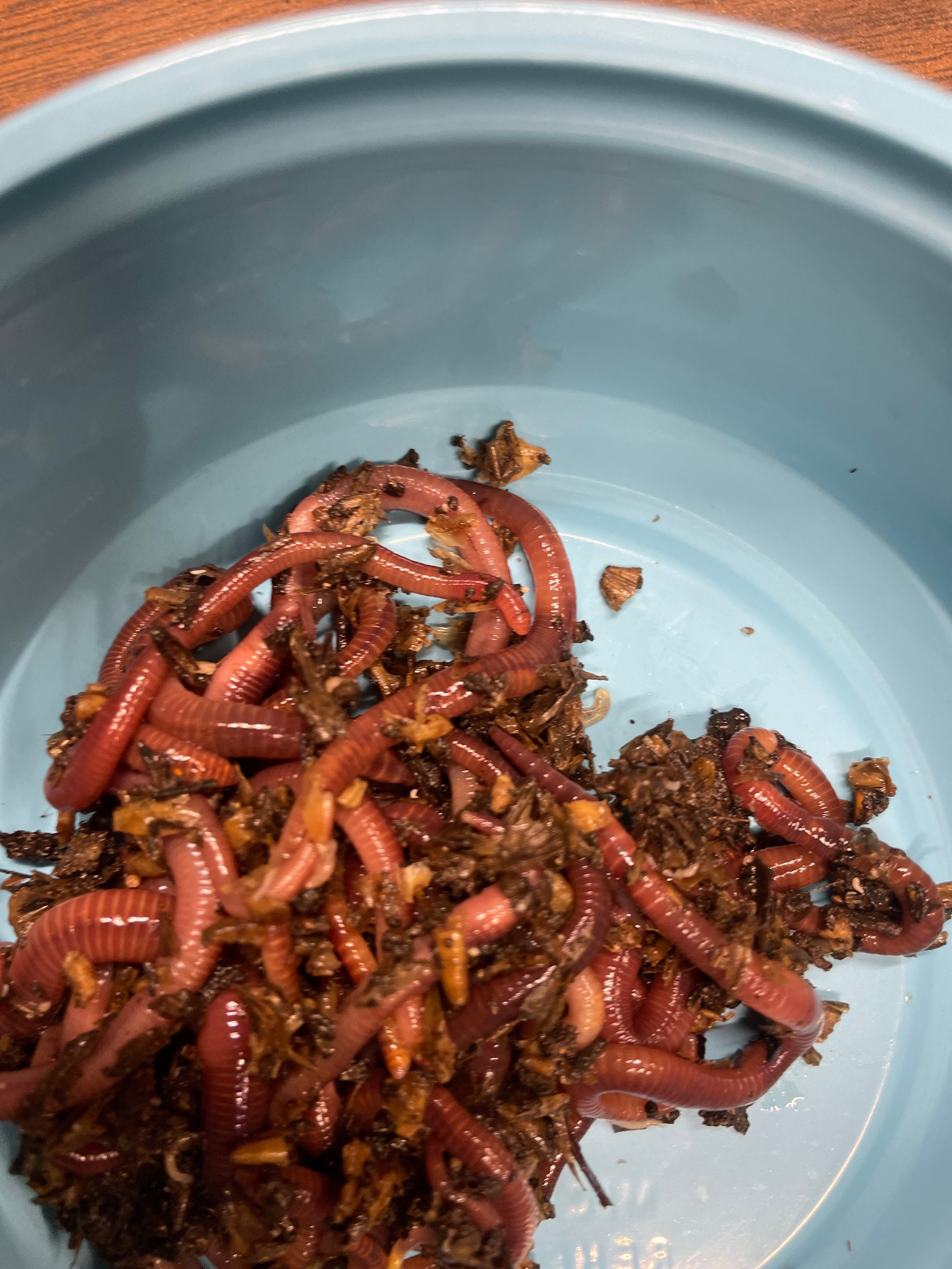Potcast 242: Kings of Composting
Dan Rasure - founder of Fed ‘n Happy
Connect with @fednhappy on IG and FB
Use promo code casuallybaked when you shop FednHappy.com to receive $10 off any order of $100 or more.
We’re celebrating the kings of composting in this Worm 101 potcast with Dan Rasure, CEO of Fed ’n Happy. Dan is a serial entrepreneur who fell in love with the soil at an early age and after a whirlwind of opportunities, fully committed to building the idea of Fed ’n Happy into everything he does.
We discuss the role of worms in the soil ecosystem, how it works, and the benefits of worm castings for growing cannabis, mushrooms, and your favorite fruits and veggies. We also explore the business of worm farming and how to get started with your own DIY bin. We even dabble in death with talk of earth-friendly burial methods.
If putting your hands in the dirt brings you peace, this potcast is for you. It’s also for anyone looking to work in regenerative agriculture or diversify your farm or ranch’s income. I ask Dan a lot of questions and receive valuable insight that I’m excited to share with you. So smoke ‘em if you got ‘em and settle in. It’s time to get casually baked.
This Potcast Is Covered By MJ Relief
MJ Relief is the muscle rub I co-created with my bestie Ph.D. formulation scientist, Monica Vialpando.
MJ Relief is CBD-infused to address personal aches and pains. Our challenge was to choose an entourage of ingredients all with anti-inflammatory, pain-relieving, and/or skin-soothing qualities that would work just as well or better than competing CBD topicals with exponentially higher mg/ml and higher price tags. MJ is strong enough for performance athletes and gentle enough for sensitive skin. Explore our formulation and support your body and my small business at MJSkinRelief.com.
P.S. You’ll always save 10% on your order using promo code CASUALLYBAKED at checkout.
‘After the Show’ Notes
Why Red Wiggler Worms?
Red Wigglers are the most popular worm for gardeners. They are the most versatile, work efficiently, and reproduce quickly! Red Wigglers are known to eat 25-50% of their body weight each day, and multiply every 3-4 months! Adult Red Wigglers produce ~3 cocoons each week, and 1-5 worms will hatch from each of those cocoons.
Why are worms beneficial to my garden?
Use promo code casuallybaked when you shop FednHappy.com to receive $10 off any order of $100 or more.
Red Wigglers are often referred to as “the king of composting worms.”
Though they’re only about 1-3 inches long and the diameter of a pencil lead, Red Wigglers are amazingly quick and efficient at breaking down compost, food waste and vegetable scraps into premium worm castings.
Sick of throwing out food waste and veggie scraps? Turn your trash into treasure; turn compost into black gold! Worm castings are a deep, dark brown in color, and contain many times the nutrient levels of typical garden or lawn soil. Our worm castings’ nutrients are also highly bioavailable, meaning plants’ roots are easily able to break down and absorb nutrients.
Learn About Human Composting as a Burial Method
This simple method of Body Composting transforms human remains into soil.
Shop Casually Baked Partner Brands and Save
💚
Shop Casually Baked Partner Brands and Save 💚
From the reproductive years through menopause, the Green Women's Guide is for any woman seeking the most up-to-date science-based information on how to - or not to - incorporate Cannabis into her life. Save 25% on the course using promo code CASUALLYBAKED. (You pay $333 after discount.)
It’s important to choose the right seeds AND feed your soil! If you had more garden casualties than summer bounty this season, plan to up-level your fall gardening game with SLOWDIRT. Slowdirt is a soil amendment that capitalizes on beneficial soil life to create a natural line of defense against those pesky insects treating your garden like a buffet. 🌱 You’ll save 15% using promo code CB15 at checkout 🌱 Trust me… You want this in your soil! Shop online at slowdirt.com. Use promo code CB15 to save 15%.
The Strawberry Basil Spritz is your favorite farmstand, infused and canned. It has a rich berry flavor that's balanced by sweet basil and a hint of pink peppercorn. Don't be fooled by the deep red color, this ready-to-drink cannabis cocktail is only 35 calories per serving, with no added sugar. Each can contains 5mg of THC and 5mg of CBD, a perfect dose for socializing, unwinding, and multiple servings.
Looking For High-Quality Cannabis-Delivery in the Bay Area that carries Artet?
Shop getsava.com and use promo code CASUALLYBAKED to NOW SAVE $40 off your first order!



